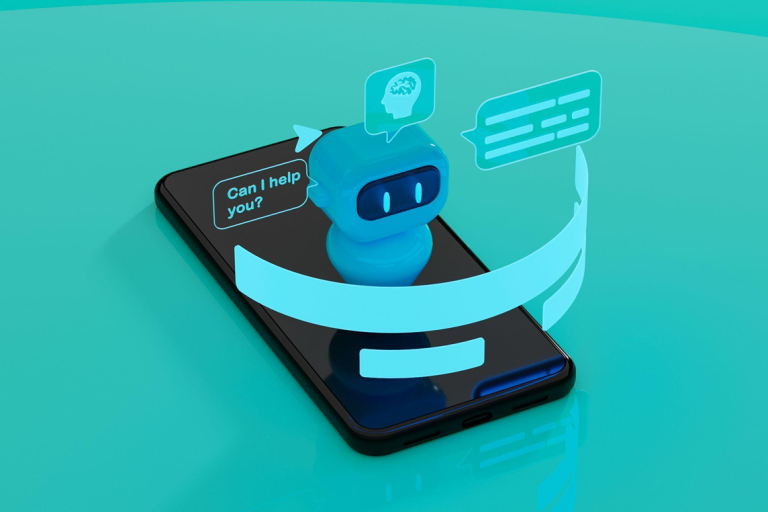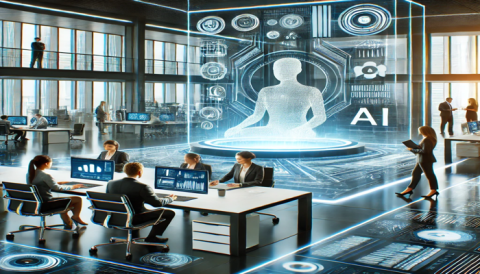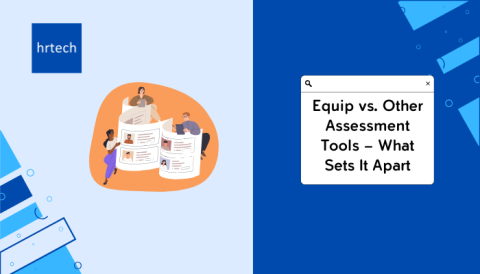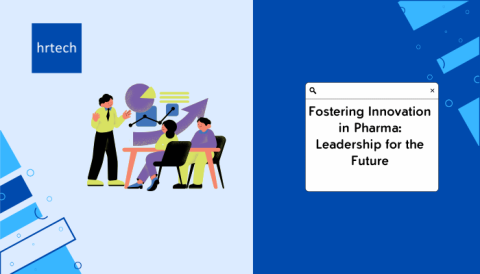Image from Unsplash
In an era where digital transformation dictates the pace of business growth, organizations are constantly on the lookout for tools that not only optimize operations but also enhance employee engagement. One such innovation reshaping the HR landscape is the use of AI-driven chatbots. These smart assistants are rapidly becoming indispensable for companies looking to streamline HR processes and improve workforce satisfaction. However, to ensure that such transformative solutions reach their intended audience, many organizations rely on trusted search engine optimization services to amplify their visibility in the crowded digital marketplace.
The Rising Importance of AI Chatbots in HR
AI chatbots are revolutionizing traditional HR functions by automating repetitive tasks, offering real-time support, and providing employees with immediate access to essential information. From answering frequently asked questions about company policies to assisting in onboarding processes, chatbots free up valuable time for HR professionals to focus on more strategic initiatives.
What makes chatbots especially attractive is their ability to operate around the clock, offering consistent and reliable service without the limitations of human availability. Employees working across different time zones or on varying shifts can still receive immediate assistance, enhancing the overall employee experience.
Moreover, these AI-powered tools can integrate seamlessly with existing HR systems, ensuring that employees receive timely updates and personalized interactions. This not only enhances the employee experience but also cultivates a more responsive and agile HR department.
According to a report by Harvard Business Review, companies implementing AI-driven tools have witnessed a significant increase in employee productivity and engagement, as they reduce the friction associated with navigating complex HR systems. Such improvements also translate into cost savings and better resource allocation, making a compelling case for widespread adoption.
Enhancing Employee Engagement Through Personalization
One of the standout benefits of AI chatbots is their ability to offer personalized experiences. By analyzing data from employee interactions, chatbots can deliver tailored recommendations for training programs, wellness initiatives, and career development opportunities. This level of personalization fosters a sense of value and belonging among employees, which is crucial in today’s hybrid work environments.
For example, if an employee frequently inquires about leadership development programs, the chatbot can proactively suggest upcoming courses, workshops, or mentorship opportunities. This not only demonstrates that the company is attentive to employee interests but also empowers individuals to take ownership of their career progression.
Additionally, chatbots can proactively check in with employees to gather feedback, identify potential issues, and recommend solutions before they escalate. This real-time pulse on employee sentiment empowers HR teams to address concerns promptly, contributing to higher levels of satisfaction and retention.
Furthermore, chatbots can play a pivotal role in supporting mental health and wellness initiatives. By providing employees with quick access to resources like counseling services or mindfulness exercises, companies can foster a healthier, more balanced workplace culture. This proactive approach helps reduce burnout and promotes overall well-being, which is increasingly recognized as a key driver of productivity.
Streamlining Onboarding and Training

Image from Unsplash
The onboarding process plays a pivotal role in shaping an employee’s perception of the organization. AI chatbots can significantly enhance this experience by guiding new hires through administrative tasks, answering common queries, and providing resources that help them acclimate to their new roles more efficiently.
Traditional onboarding can often feel overwhelming, especially when new employees are bombarded with forms, compliance training, and unfamiliar systems. Chatbots simplify this experience by providing step-by-step guidance, ensuring that new hires complete necessary tasks in a timely and stress-free manner.
Furthermore, chatbots can be programmed to deliver interactive training modules, ensuring that employees stay engaged while acquiring necessary skills. These modules can include multimedia content such as videos, quizzes, and simulations, making learning more interactive and effective. By using data analytics, chatbots can also monitor progress and offer personalized recommendations for further development.
This not only accelerates the learning curve but also enables HR teams to track progress and adjust training content as needed. As a result, employees feel more confident and prepared, which translates into quicker time-to-productivity.
Additionally, for organizations that onboard large numbers of employees simultaneously—such as seasonal hires or rapidly scaling startups—chatbots provide the scalability needed to deliver a consistent and high-quality experience to every individual.
Supporting Diversity, Equity, and Inclusion (DEI) Initiatives
AI chatbots also offer promising applications in advancing diversity, equity, and inclusion within the workplace. By standardizing responses and removing unconscious bias from initial interactions, chatbots contribute to fairer and more equitable treatment of employees and candidates.
For instance, during recruitment processes, chatbots can ensure that all applicants receive the same information and are assessed based on consistent criteria. This can help reduce disparities in communication and ensure that underrepresented groups are provided with equal opportunities to succeed.
Chatbots can also promote inclusivity by providing multilingual support, ensuring that employees from diverse backgrounds can access information in their preferred language. This simple yet impactful feature can significantly improve engagement and foster a more inclusive workplace culture.
Moreover, HR teams can leverage chatbot analytics to identify patterns and areas for improvement in DEI efforts, allowing for data-driven strategies to create a more equitable workplace.
Future Outlook: Chatbots as Strategic HR Partners

Image from Unsplash
Looking ahead, the role of AI chatbots in HR is poised to evolve beyond administrative support. As advancements in natural language processing and machine learning continue, chatbots are expected to take on more complex responsibilities, such as facilitating performance evaluations, providing career coaching, and even supporting diversity and inclusion initiatives.
Imagine a future where chatbots assist managers in preparing for performance reviews by compiling employee achievements, feedback, and development goals in a concise, easy-to-navigate format. This would not only save time but also ensure a more comprehensive and objective evaluation process.
Organizations that embrace these advancements early will not only benefit from operational efficiencies but will also position themselves as employers of choice in an increasingly competitive talent landscape. By staying ahead of technological trends, companies can attract top talent, enhance employee satisfaction, and ultimately drive business success.
Furthermore, as chatbots continue to learn and improve through machine learning algorithms, their ability to deliver nuanced and empathetic interactions will only grow. This evolution promises a future where chatbots are not just tools but trusted HR partners contributing to strategic decision-making.
The integration of AI chatbots into HR processes represents a transformative shift towards more agile, efficient, and employee-centric workplaces. By automating routine tasks, delivering personalized experiences, supporting DEI initiatives, and fostering continuous learning, chatbots are empowering HR teams to focus on what truly matters — nurturing a thriving workforce. As businesses continue to prioritize digital solutions, leveraging tools like chatbots, complemented by effective search engine optimization services, will be essential in staying ahead of the curve. By doing so, organizations can ensure that their innovative HR strategies are not only implemented effectively but also discovered by those who need them most.





